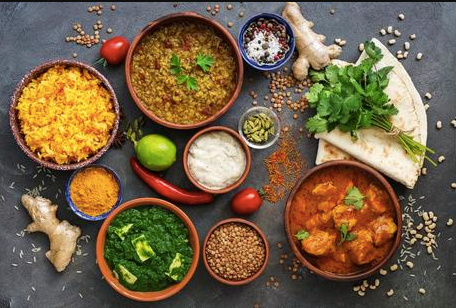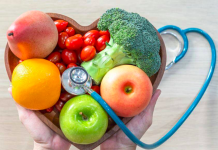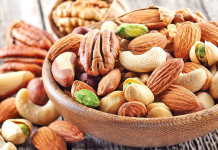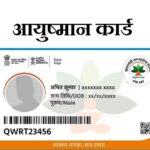Ayurveda is touted to be a holistic science based on the belief that health depends on the balance of the mind, body and spirit. It focuses on wholesome healing and is founded on the principles that a person’s dosha, a type of energy, determines their health, and any imbalance in these can prove detrimental. As reliance on Ayurveda continues to rise in this Covid-19 era, more and more health enthusiasts are jumping on to the bandwagon of rethinking and modifying their diets as per their doshas.
“According to Ayurveda, the human body is a living assembly of three doshas, namely vata, pitta and kapha, seven dhatus (basic tissues: rasa, rakta, mamsa, meda, asthi, majja and sukra) and waste products such as faeces, urine and sweat. Doshas are intelligent life principles which determine the characteristics, traits and features of an infant from among the hereditary options in both parents,” says Vikas Chawla, Ayurveda expert from Vedas Cure.
While there are three doshas present in the body, every individual has a prominent dosha. But, the other two must be equally balanced for optimal health. “Once you get to know which is your dominant energy force, it is recommended to eat specific foods for that dosha. This will in turn nourish your body and promote balance. Also, avoid foods that will cause any imbalance, which Ayurveda considers to be the root of many health issues,” asserts Vaidya Shakuntala Devi, an Ayurveda expert.
Finding your dominant dosha
“You can identify your dosha by consulting an Ayurveda practitioner, who will do the necessary assessment,” says Namita Piparaiya, yoga and Ayurveda lifestyle specialist, who lists out the general characteristics of each dosha.
Vata is the kinetic energy of the body, and is a mix of air and other elements.
Pitta is fire and water, and represents the metabolic and digestive capacity of the human body.
Kapha is the potential energy which is a mix of earth and water. It provides structure, stability and grounding.
FOODS TO EAT
Since Vata is dry and light, it is balanced by warm, nourishing foods such as one-pot meals, healthy fats, stews and khichdi. Oats, brown rice, lean meat and eggs are recommended. Raw, low-fat and junk food can severely aggravate vata. “One with this principle energy can create a balance with the intake of warm cooked food such as rice and oats, fruits and vegetables such as potatoes, tomatoes, berries, bananas,” says Shrawan Daga, Ayurveda expert, Krishna’s Herbal and Ayurveda. It is also advisable to include basil, cardamom, cinnamon, cumin, garlic, ginger, oregano and thyme.
For pitta dosha, whole grains, fruits that are sweet and ripe, vegetables that are cooling and sweet are considered to be beneficial. “According to Ayurveda, pitta doshas should eat light, cold, sweet and energising foods such as fruits, non-starchy vegetables, oats and eggs,” says Ayush Aggarwal, Ayurveda expert from Rasayanam.in. It is advisable to include herbs and spices such as basil, ginger, cinnamon, mint, saffron and turmeric to create a balance.
And kapha, being the heaviest of all doshas, does well with light, low-fat food. As kapha is sluggish, stale food should be avoided. “Foods that are pungent, bitter and astringent should be consumed. Hot ginger tea, beans, apples and pears should be preferred. Barley, buckwheat, corn, millet, oats (dry), black beans, chickpeas, lentils and white beans are recommended,” says dietitian Garima Goyal. When it comes to herbs and spices, include black pepper, cardamom, cinnamon, paprika, saffron and turmeric.















